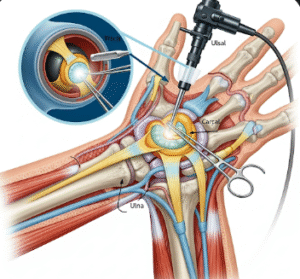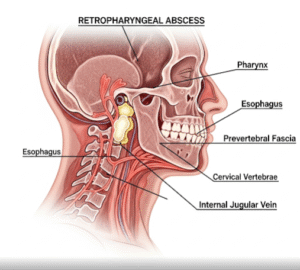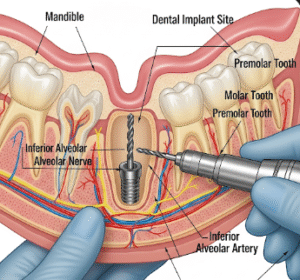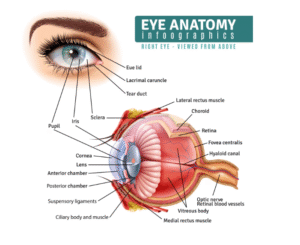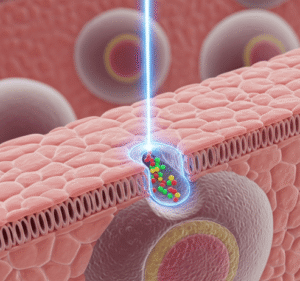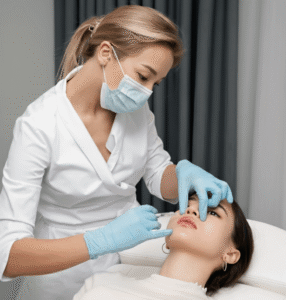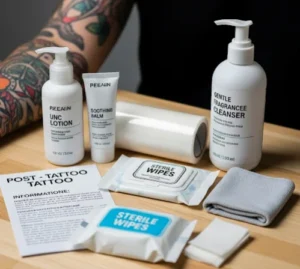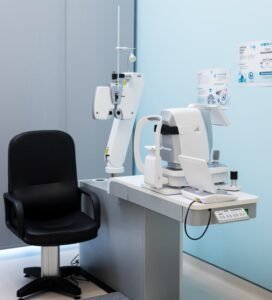Overview
Canker sores, also known as aphthous ulcers, are small, painful sores that form inside the mouth on the lips, cheeks, tongue, or gums. Unlike cold sores, they are not contagious and usually heal on their own within 1–2 weeks. In Korea, canker sores are common and treated effectively with over-the-counter remedies, prescription medications, and advanced oral care at dental and medical clinics.
What are Canker Sores?
Canker sores are non-contagious ulcers that appear inside the mouth. They often start as a small red bump that develops into an open sore with a white, yellow, or gray center and a red border. They can be minor (heal quickly), major (larger and longer-lasting), or herpetiform (multiple small ulcers in clusters).
Symptoms
- Round or oval sores inside the mouth
- White, yellow, or gray center with red edges
- Pain or burning sensation when eating, drinking, or talking
- Swelling in the affected area
- In severe cases: fever, swollen lymph nodes, or fatigue
Causes
The exact cause is unknown, but possible triggers include:
- Minor injury to the mouth (biting cheek, braces, dental work)
- Stress and lack of sleep
- Nutritional deficiencies (iron, folic acid, vitamin B12, zinc)
- Food sensitivities (spicy, acidic, or citrus foods)
- Hormonal changes (especially in women)
- Certain medical conditions (celiac disease, Crohn’s disease, HIV/AIDS)
- Genetic predisposition
Risk Factors
- Family history of canker sores
- Teenagers and young adults (more common in this age group)
- Stressful lifestyle
- People with vitamin or mineral deficiencies
- Those with autoimmune or gastrointestinal conditions
Complications
- Difficulty eating, drinking, or speaking due to pain
- Secondary infections if sores do not heal properly
- Recurring outbreaks affecting quality of life
- Rarely, may indicate underlying systemic diseases
Prevention
- Maintain good oral hygiene
- Avoid foods that trigger sores (spicy, acidic, or hard foods)
- Reduce stress with relaxation techniques
- Take vitamin and mineral supplements if deficient
- Use a soft-bristled toothbrush to prevent mouth injuries
- Regular dental checkups to monitor oral health
Treatment Options in Korea
Korean healthcare offers both conventional and advanced treatment for canker sores.
Medications & Topical Treatments
- Topical corticosteroid ointments (triamcinolone, fluocinonide)
- Antiseptic mouth rinses to reduce bacteria and promote healing
- Topical anesthetics (lidocaine gel) to relieve pain
- Nutritional supplements (vitamin B12, folic acid, iron, zinc)
Advanced Treatments
- Laser therapy (used in Korean dental clinics) for faster healing and pain relief
- Immune-modulating drugs in chronic or severe cases
- Treatment of underlying conditions if canker sores are linked to systemic disease


